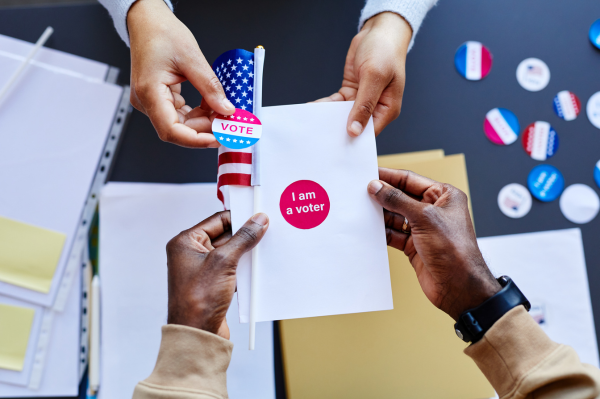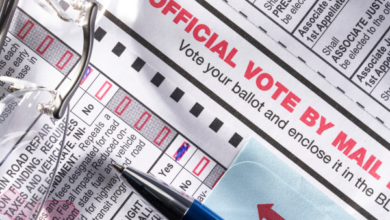Unraveling Voter Apathy: Exploring Psychological Factors Contributing To Disengagement

In the democratic tapestry of modern society, the act of voting stands as a cornerstone of civic participation. However, despite the pivotal role it plays in shaping our nations, many individuals exhibit voter apathy and disengagement during elections. This phenomenon has garnered increasing attention from psychologists and social scientists, who are keen to understand the psychological factors that contribute to this widespread issue. In this article, we will explore some of these factors and their implications for the democratic process.
Perceived Inefficacy:
A significant psychological factor contributing to voter apathy is the perception of political inefficacy. When citizens believe that their votes won’t make a difference or that politicians are indifferent to their concerns, they are less motivated to participate in the electoral process. This perception can be exacerbated by experiences of political corruption or the feeling that the system is rigged.
Cynicism and Distrust:
Distrust in political institutions and leaders can lead to a sense of cynicism among potential voters. When people perceive politicians as self-serving or untrustworthy, they may question the value of participating in elections, believing that their vote won’t result in meaningful change.
Political Polarization:
The deepening political divide and polarization in many societies can also contribute to voter apathy. When individuals identify strongly with one political ideology and view opposing viewpoints as illegitimate or dangerous, they may feel disheartened by the political process and choose not to engage.
Information Overload and Misinformation:
The digital age has brought with it an abundance of information, but it has also given rise to misinformation and disinformation. Sorting through conflicting information and trying to discern the truth can be exhausting, leading some individuals to disengage from politics altogether to avoid the cognitive overload.
Psychological Reactance:
Some voters may experience psychological reactance when they perceive external pressure or manipulation to vote in a particular way. This reactance can lead to resistance and a desire to assert one’s autonomy by abstaining from voting.
Lack of Civic Education:
A lack of civic education and political literacy can contribute to voter disengagement. Without a solid understanding of how the political system works and the importance of civic participation, individuals may feel unprepared and disinterested in voting.
Demographic Factors:
Demographic factors, such as age, socioeconomic status, and educational attainment, can also play a role in voter apathy. Younger generations, for example, may be less likely to vote due to a perception that their voices aren’t heard, while individuals facing economic hardships may prioritize immediate concerns over political engagement.
Implications and Solutions
Addressing voter apathy and disengagement is vital for the health of any democracy. To mitigate these psychological factors, efforts should be made to:
- Promote Civic Education: Enhancing civic education programs can empower individuals with the knowledge and skills needed to participate meaningfully in the political process.
- Increase Transparency and Accountability: Political institutions must work to build trust by demonstrating transparency and accountability, thereby reducing perceptions of corruption and inefficacy.
- Encourage Civil Discourse: Fostering a culture of respectful and constructive political discourse can help reduce polarization and cynicism.
- Combat Misinformation: Media literacy programs and fact-checking initiatives can help individuals navigate the information landscape more effectively.
- Enhance Accessibility: Making voting more accessible through measures like early voting, mail-in ballots, and improved polling locations can help overcome logistical barriers.
Conclusion
Voter apathy and disengagement are complex issues rooted in various psychological factors. By understanding and addressing these factors, societies can work toward building more vibrant and inclusive democracies where citizens are actively engaged in shaping their collective future. Encouraging a sense of agency, trust, and informed participation is crucial in reinvigorating the democratic spirit and ensuring that every voice is heard in the electoral process.



